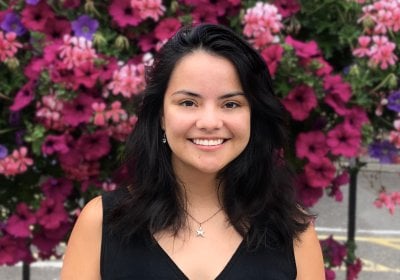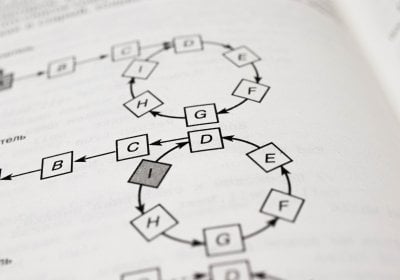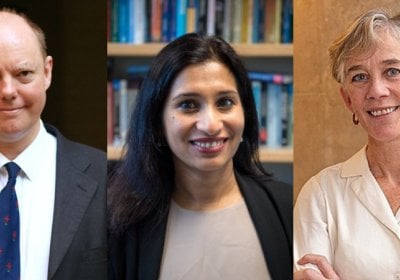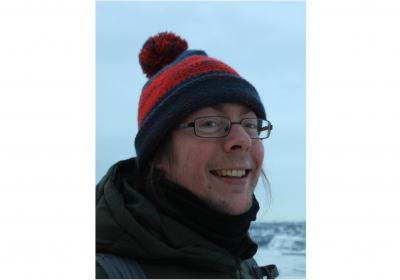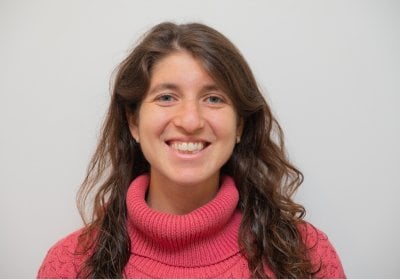Mechanistic modelling of SARS-CoV-2 immune memory, vaccines and variants
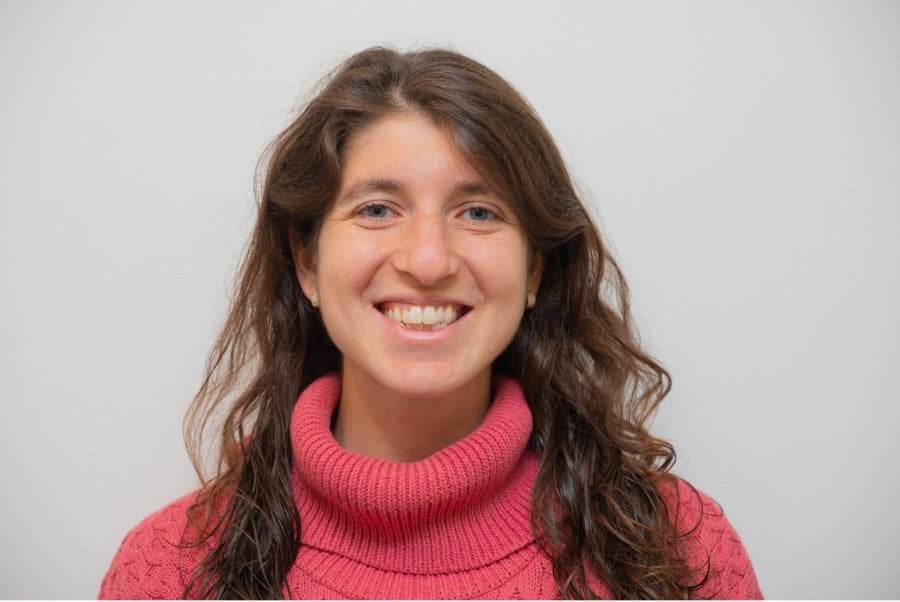
Early waves of the SARS-CoV-2 pandemic were driven by importation events and subsequent policy responses. Epidemic dynamics in 2021 are largely driven by the spread of more transmissible and/or immune-evading variants, which in turn are countered by vaccination programmes. However, virtually all COVID-19 models are currently missing these vital immune dynamics.
In this presentation, we showcase the modelling of immune trajectories over time, correlates of protection, co-circulation of different variants and the roll-out of multiple vaccines within an agent-based model of SARS-CoV-2 and COVID-19. We have extended recent work on neutralising antibodies (NAbs) as a correlate of protection to account for protection against infection, symptomatic COVID-19 and severe disease using a joint estimation approach.
We find that NAbs are strongly correlated with infection blocking and that natural infection provides stronger protection than vaccination for the same level of NAbs, though vaccines typically produce higher NAbs. We find only relatively weak correlations between NAbs and the probability of developing symptoms given a breakthrough infection, or the probability of severe disease given symptoms. A more refined understanding of breakthrough infections in individuals with natural and vaccine-derived immunity will have implications for the timing of booster vaccines, the impact of emerging variants of concern on critical vaccination thresholds and the need for ongoing non-pharmaceutical interventions.
Speaker
Jamie Cohen, Institute for Disease Modeling (IDM)
Jamie Cohen is a Research Scientist at IDM, where she works on the development, calibration and application of IDM’s numerous disease models. Jamie has a PhD in Health Policy from Harvard University, with a concentration in Decision Sciences, and a Master of Science in Health Policy and Management from the Harvard T.H. Chan School of Public Health. As a doctoral candidate, Jamie developed a novel microsimulation model of HIV, HPV and cervical disease among women in South Africa. This model was used to evaluate cervical cancer screening and vaccination strategies in an HIV-endemic setting.
As a member of the IDM research team, Jamie has led the effort to integrate detailed mechanistic immune modelling into IDM’s agent-based COVID-19 model to be able to answer questions around vaccination and the emergence of variants of concern.
Please note that the recording link will be listed on this page when available
LSHTM's response to COVID-19
LSHTM experts are involved in many different aspects of COVID-19 research as well as providing guidance to those responding around the globe every day. Find out about our latest research, news, events and free online courses on the outbreak.
Subscribe to our new LSHTM Viral podcast to hear the latest science behind the coronavirus outbreak and the global response to COVID-19. You can listen to LSHTM Viral wherever you get your podcasts: Anchor, Apple Podcasts, Breaker, Castbox, Google Podcasts, Overcast, Pocket Casts, RadioPublic, Spotify, Stitcher.
There cannot be any complacency as to the need for global action. With your help, we can plug critical gaps in the understanding of COVID-19. This will support global response efforts and help to save lives around the world. Support LSHTM's COVID-19 Response Fund.
Admission
Contact

